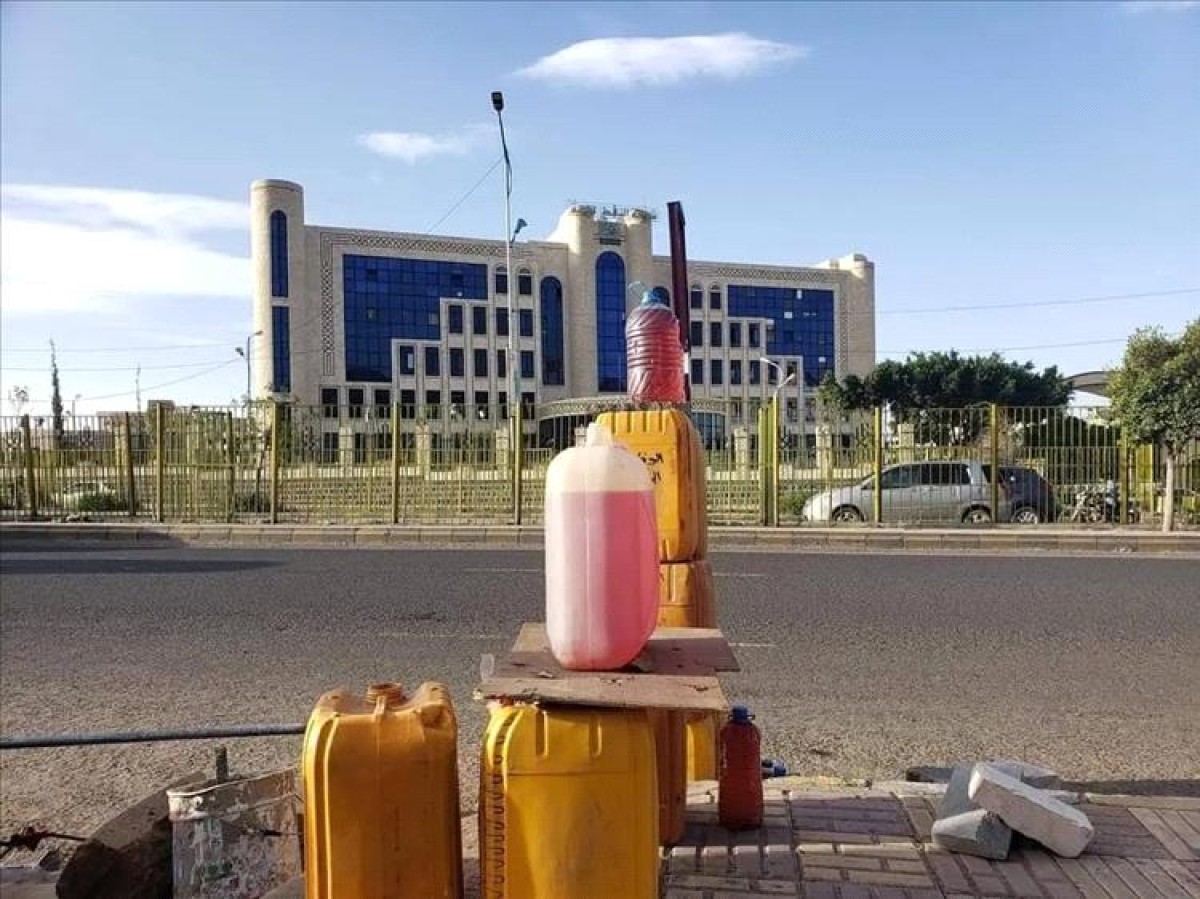The adulterated fuel crisis is popular in Sanaa


The complaints of citizens in the Houthi control areas have recently escalated the spread of adulterated fuel in the packing stations, causing a wide breakthrough for vehicles, amid direct accusations by the group of distributing oil derivatives that do not conform to the specifications, which blew up a state of popular discontent and controversy over the authorities responsible for this escalating crisis.
Local media monitored the spread of dozens of pictures and clips of vehicles parked on the roads, and another in maintenance workshops, due to breakdowns of fuel quality. According to press sources, the beginning of the crisis dates back to last December, when the Houthi group allowed the entry of an oil tanker loaded with 60,000 tons of adulterated fuel to the port of Hodeidah.
In a remarkable development, sources revealed that the UN inspection office in Djibouti recently allowed the entry of a new oil tanker to the port of Ras Issa in Al -Hodeidah Governorate, despite the decision of the American ban imposed on the import of the Houthis for oil derivatives after the group classified as a foreign terrorist organization.
Oil Company under control
For his part, Anwar Al -Amiri, director of the oil company affiliated with the legitimate government in Hodeidah, said that what is happening today is a direct result of the Houthi seizure of the oil company, since late 2017.
Al -Amiri explained that the group excluded the company’s cadres and appointed loyal elements, most of them from the newly employed, to control the company’s decisions and to pass suspicious oil derivative deals.
He pointed out that the group has imprisoned a number of company employees, including Dr. Aziz Al -Mikhlafi, Director of the Technical Affairs Department, who is still in the Houthi prisons until now.
Al -Amiri emphasized that the last shipment of adulterated fuel is not the first, indicating that this may be the eighth ship that enters this bad type of derivatives, which caused daily suffering for citizens in the group's control areas.
UN collusion?
In the same context, economic analyst Abdel Wahid Al -Obli considered that the United Nations has been "explicitly complicit" with the Houthi group, since its coup against the state in 2014.
Al -Awbali said that the United Nations has repeatedly allowed oil shipments to the ports under the control of the Houthis, ignoring the prohibition decisions, indicating that the international organizations had previously stopped the decisions of the Central Bank of Yemen in Aden that were aimed at punishing banks dealing with the group.
Al -Awbali accused the United Nations organizations of transferring more than 34 billion dollars from international aid to the Houthi regions, without coordinating with the legitimate government, calling for re -directing this aid through the central bank in Aden to support the Yemeni economy and improve the local currency exchange rate.
He pointed out that the silence of the United Nations regarding the kidnapping of the Houthis to its employees in Sanaa puts great question marks about the double standards and collusion in the humanitarian file.